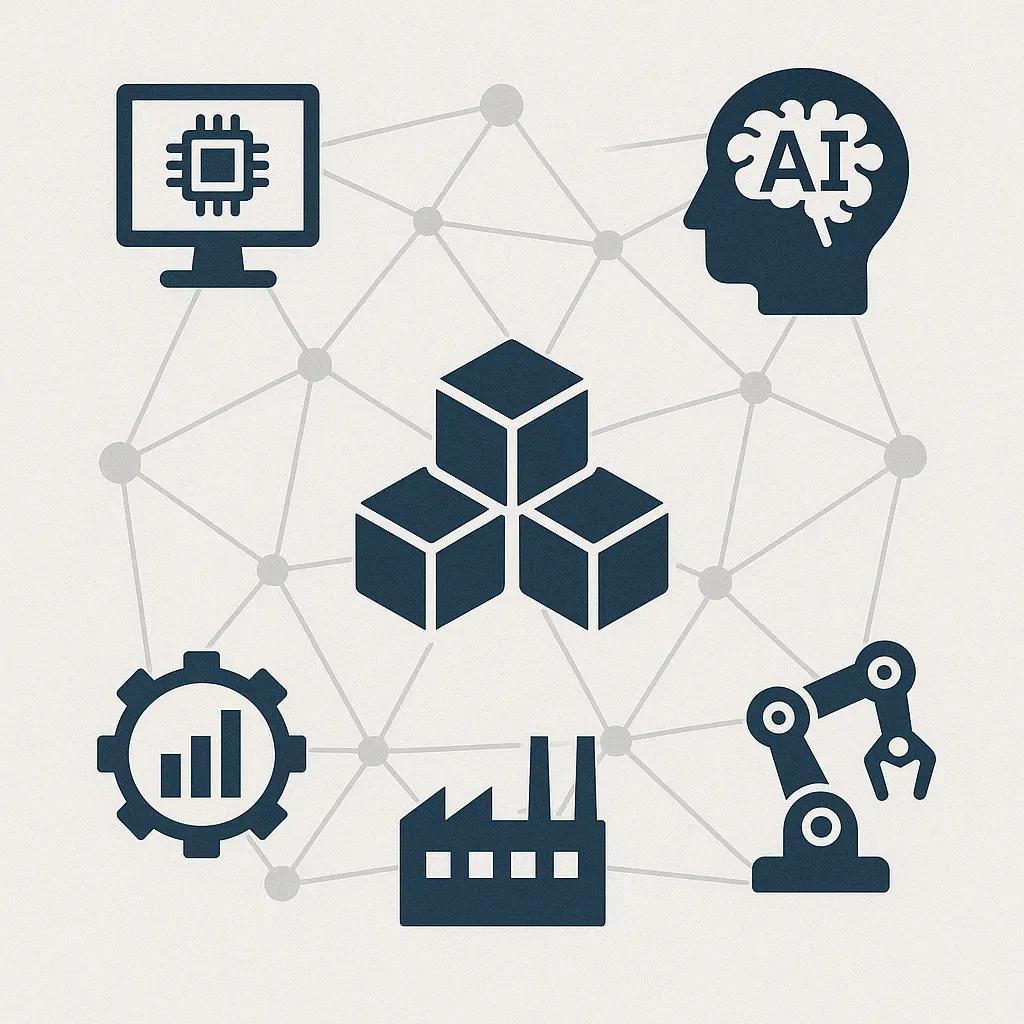Far from being an update, Milei's proposal rehashes the old recipe for precarization: extended hours, salaries tied to productivity, diluted severance pay, and the weakening of collective bargaining. In the name of competitiveness, a model of labor relations based on subordination and loss of rights is reactivated.
This is not a reform for the future: it is a **counter-reform that reinstalls the conditions of exploitation from a century ago**, disguised as modernity.
**Flexibilizing is not modernizing**
The project starts from a conceptual error: believing that work is a cost and not an investment. Milei promises that by "lowering costs," formal employment will be generated, but that equation has never been fulfilled. When rights are destroyed, work is not created: fear, turnover, poverty, and loss of productivity are created.
The supposed "flexibility" pushed by the government translates into **permanent insecurity**. Extending workdays to twelve hours, allowing layoffs in installments, and weakening job stability are not measures of modernization, but a regression to the labor conditions of the last century. The 21st-century worker needs tools to adapt, not the constant threat of loss.
A true labor modernization should redefine protection, not eliminate it. The future of work requires combining flexibility with security, adaptability with rights, and productivity with well-being. Milei, on the other hand, proposes freedom to fire, not freedom to progress.
**21st-century work requires intelligence, not obedience**
In today's world, where technology transforms all trades and skills are renewed every few years, the key is not to reduce the cost of labor but to **invest in employability**.
A truly modern reform should prioritize continuous training, labor reconversion, and the development of digital skills that allow each person to move autonomously within the labor market.
It should also establish mechanisms for **intelligent protection**, such as individual labor cessation funds that guarantee security in the event of job loss, portable rights that accompany workers regardless of the type of contract, and a robust unemployment insurance that protects without bureaucracy.
None of this appears in Milei's project. His view is stuck in the old factory paradigm: control, schedule, hierarchy, and subordination. He ignores that the world of work is no longer measured in hours but in capabilities, creativity, and innovation.
The result is a cruel paradox: a reform that proclaims itself modern but treats work as if time had stopped in 1925.
**The future needs new rights, not fewer rights**
Modernizing is not about destroying what exists, but about **adapting it to a new context**.
The future of work requires new rules: the right to disconnect, personal data protection, recognition of digital work, real union freedom, and tools to reconcile work and personal life.
Milei's government ignores all these debates. His vision of work is purely transactional: the worker as a cost, the layoff as a variable adjustment, the salary as a reward or punishment based on monthly profitability.
Instead of betting on innovation, knowledge, and sustainable productivity, the reform focuses on reducing rights. Instead of preparing Argentina to compete in the knowledge economy, it relegates it to compete based on who can work more hours for less pay.
**A reform for the 20th century or for the 21st century**
The dilemma is not whether Argentina needs a labor reform—because it does—but **what kind of reform it wants to build**.
Milei's model responds to a logic of dispossession: lowering costs, deregulating, laying off. It is the model of the 20th century, the one without rights, that prioritizes productivity at any cost.
The model the country needs is different: one that understands that wealth is generated through **qualified, protected, and adaptable work**, with a State that simplifies procedures without renouncing its role as a guarantor, and with companies that compete for talent and not for precarization.
A true 21st-century reform should be based on five pillars:
- **Portable labor security**, through individual cessation funds and intelligent unemployment insurance.
- **Digital simplification**, with unified and transparent labor records.
- **Education and continuous training**, focused on technological and adaptive competencies.
- **Real union freedom**, ensuring representation and participation without monopolies.
- **Balance between productivity and dignity**, ensuring rest, disconnection, and well-being.
None of this is on Milei's agenda. His project does not build a future: it recycles a past that the world has already surpassed.
**The regression disguised as revolution**
The government's labor reform is not a door to the future, but a mirror of the past.
It does not modernize: it precarizes.
It does not liberate: it disprotects.
It does not create opportunities: it destroys guarantees.
The 21st century demands labor institutions that support innovation, mobility, and social justice. Milei offers a system that reduces the worker to a commodity, while the discourse of freedom serves to legitimize inequality.
Argentina needs a reform, yes, but one that thinks of **human work as the axis of development**, not as a variable adjustment.
True modernization is not measured in hours worked or reduced costs, but in **dignity, knowledge, and opportunities**.
Everything else—including this reform—is not progress. It is old exploitation with a new wrapper.


Comments